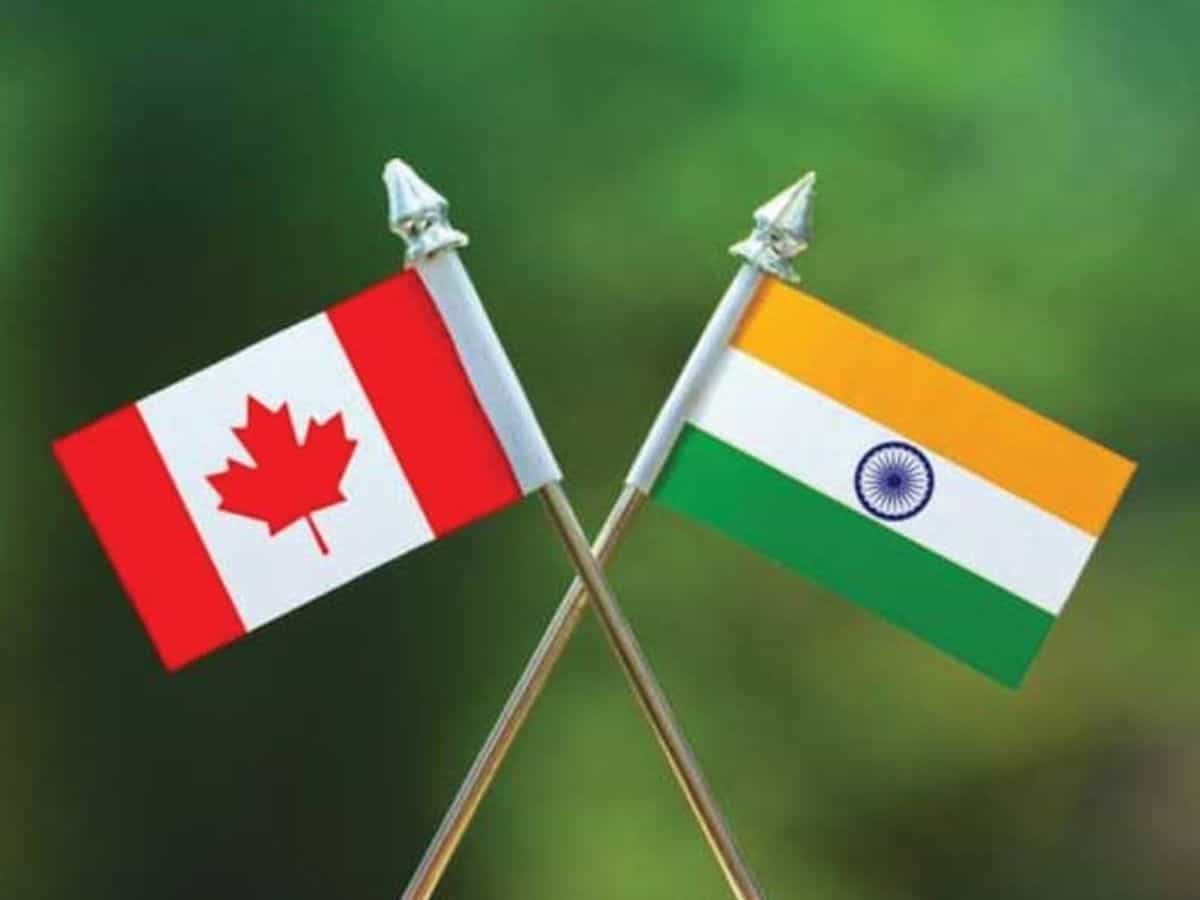
Canada and India’s relationship may seem to have reached its rock bottom with each side expelling the top brass including Ambassadors of both sides, but will this lead to a complete snapping of ties seems unlikely.
This may all be a political posturing- a quid-pro-quo as far as the diplomatic expulsions are concerned- meant more for the national public rather than any actual permanent cutting of ties.
Both sides feel very strongly on the one issue – Khalistan, which is actually the bone of contention between both the countries.
India feels and rightly so that the demand of Khalistan or a separate and independent sikh state is given tacit support by the government of Canada, so much so that some feel that Canada must be declared a state sponsor of terrorism.
India’s grouse for long has been that sufficiently strong action is not taken by Canada against Khalistani activists in Canada.
Now, the issue which has suddenly boiled over is that a Sikh citizen of Canada a pro-Khalistani Hardeep Singh Nijjar and a terrorist according to India has been assassinated.
The allegation Canada is making is that it has clear proof that the hand of officials in the Indian embassy in Ottawa including the Ambassador, along with some Indian agents was in the assassination.
Canadian Prime Minister Trudeau has said that this kind of action is unacceptable as he is responsible for the safety of all Canadian citizens.
The Indo-Canadian relationship has taken a nose-dive.
Vote bank politics is clearly driving Trudeau who faces elections next year, with a large population of Sikhs residing in Canada nearly 800,000, and a number of them have a pro-Khalistan mindset.
Murder of a pro-Khalistan leader and that too a Canadian citizen and where the hand of India is suspected, Trudeau had little choice politically apart from going action against India.
Further spiraling of action will not be simply political but result in economic consequences which both sides must realise is frought with danger.
Canada not only faces an election next year but is battling with a job crisis and inflation.
One must keep in mind that nearly 4 lakh Indian students study in Canada making a significant contribution of billions of dollars to its economy.
Actually, 40 percent of international students studying there are Indians.
India enjoys a very substantial trade relation with Canada with the bilateral trade between both countries standing at around 10 billion dollars, in 2023.
Trudeau’s popularity is already supposed to be sinking and there are demands for his resignation.
In this situation breaking off all ties with India may result in grave economic consequences for Canada and India both.
The better and reasonable option would be to not let the economic ties be affected in any way and allow matter to cool down slowly after the diplomatic face-off.
The public utterances of the Canadian Prime Minister on the issue which may not have been well thought out and taken in the heat of the turmoil is something which is irking number of people in the field of international diplomacy.
Can Trudeau afford to antagonise the growing global political and economic power like India which also is the world’s most populous democracy?
If all this is to save his chair in the forthcoming elections then the result may be just the opposite. Voters may not like the idea of breaking off relations with an old and traditional friend of Canada like India and also face the possible economic repercussions.



